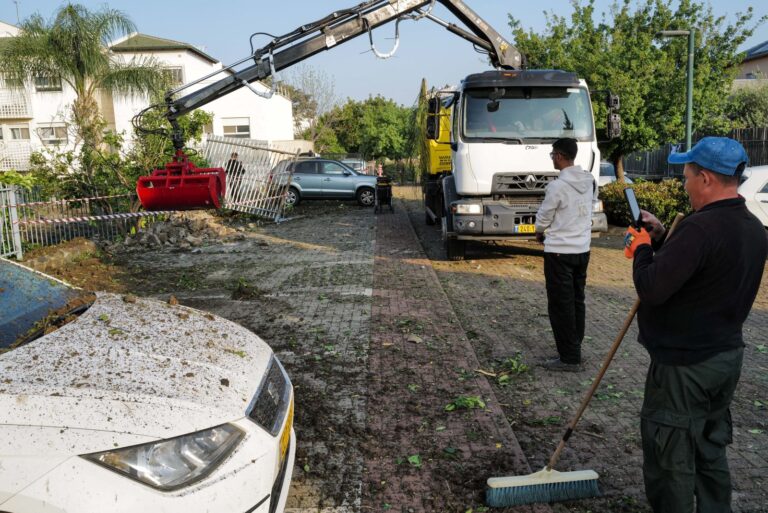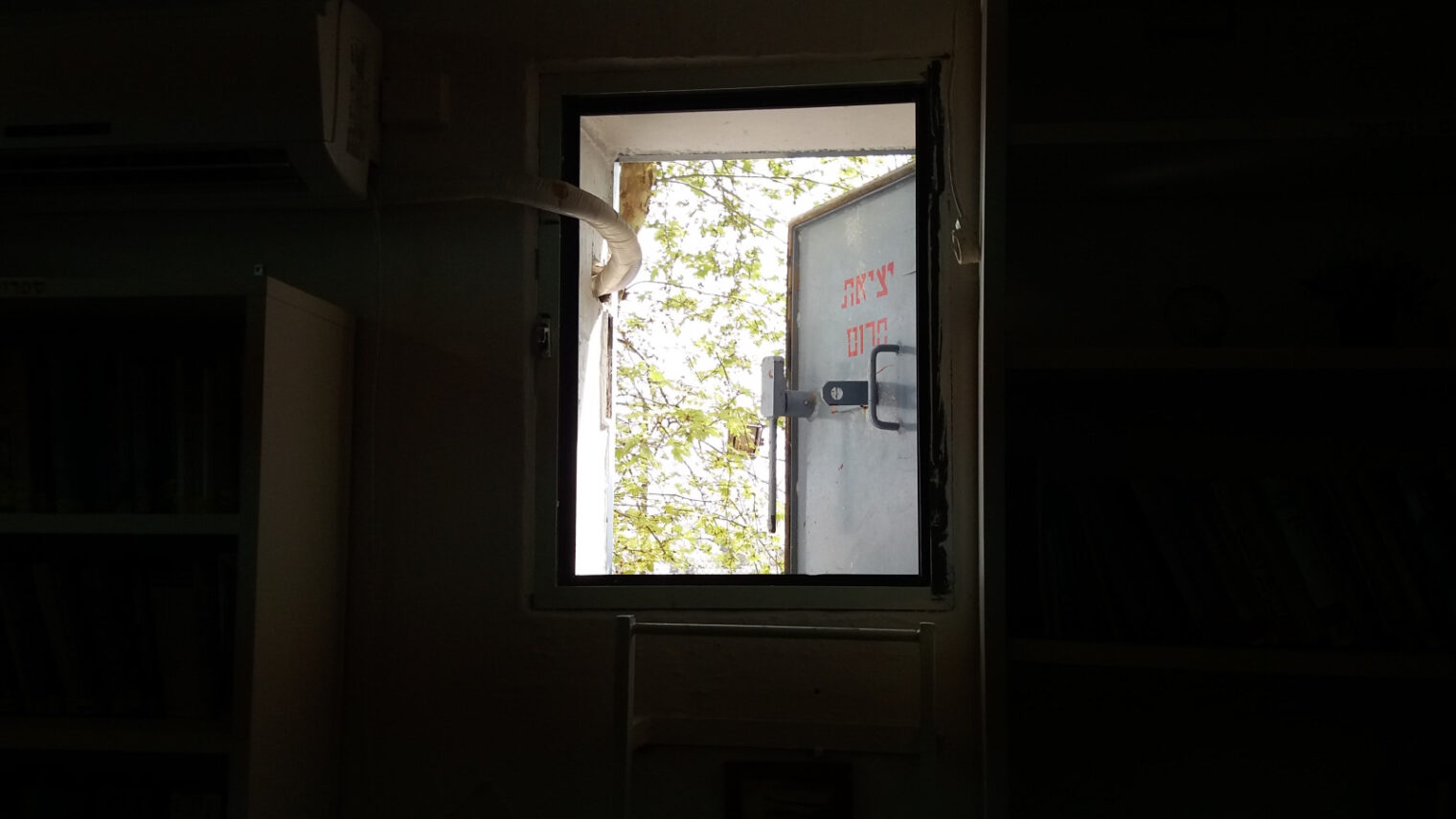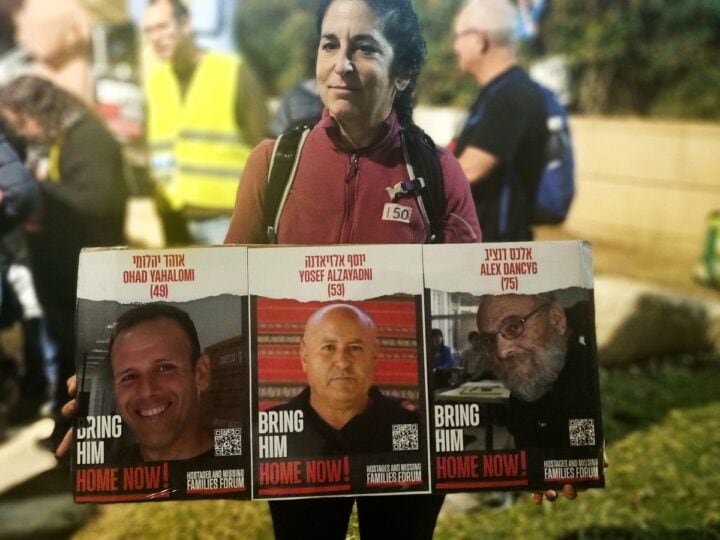On April 1, Mohammed Reza Zahedi, a top commander in the Quds Force of the Iranian Revolutionary Guards Corps (IRGC), was assassinated in Damascus, Syria. He was the most senior interlocutor for Tehran with Hezbollah, and was allegedly involved in the planning of the October 7 attacks.
Iran claimed that Israel was behind the assassination and vowed to take revenge. Israel was put on high alert, and intelligence services assessed that Iran would retaliate from its soil, rather than via proxies, in what would be the first direct attack on Israel.
The intelligence services even said, quoting an Iranian official, the retaliation would include a “hive” of cruise and ballistic missiles, as well as “suicide” drones.
I knew all of that was coming. Yet, when at 10:30pm yesterday evening the Israeli news channels began reporting that Iran had indeed launched 350 missiles and drones from its soil towards Israel, it felt surreal.
A ‘historic’ attack
“This is historic, the first direct Iranian attack on Israel,” said one of the experts in the news studio.
Unlike rockets from Gaza, which I am well used to as a resident of southern Israel, the missiles and drones from Iran take hours to reach Israel. Naturally, sleep went out of the window.
I sat in front of the TV, watching the news channels report on the progression of the missiles, some of which were being intercepted by US, UK and Jordanian forces.
Finally, an update came that the projectiles were “expected” in the Israeli airspace around 2am, and they were aimed at “military” targets.
“Our viewers have nothing to worry about, they can go to sleep,” said another expert at the news studio.
At around 2am rocket alert sirens began sounding in Beersheva, where I live, despite it being a residential city and not a military target.
My building doesn’t have a bomb shelter, so my safe space is a staircase, which the Home Front Command deems suitable for attacks from Gaza.

Outside of my building, there is the neighborhood’s bomb shelter. Normally, I never go there because there is simply no time. Rockets from Gaza get to Beersheva within a minute. This time, however, I decided to run to the bomb shelter outside.
I saw my neighbor on my way. “Are you going to the bomb shelter, too?” I asked her. “Yes, it’s preferable, we don’t know what’s coming,” she said.
Once there, I was surprised that it was somewhat clean and even had a working toilet. There were mostly young people there, many in pajamas. I assume for the older folks, having to run somewhere in the middle of the night is too big of a task.
No one was hysterical or visibly scared. Everyone was just confused, including a dog of one of the tenants that kept sniffing every corner. The dog only made me worried about my two cats I had left in the apartment.
“I really need to move to an apartment with a built-in bomb shelter so I can take my cats with me,” I thought to myself.
Sirens and giant blasts
The sirens, meanwhile, kept wailing and wailing. Interrupted only by giant blasts. This went on for half an hour. Everyone was scrambling to open news apps and understand what was happening, but there was no cell signal.
Finally, after waiting inside for some time, people started to move from the depth of the bomb shelter towards the surface. Mostly to get a signal, rather than leave.
I saw one guy call a 24/7 pizza place and place an order at 3am, having just survived an Iranian missile attack. To my surprise, the pizza place was open, and took his order as if this was an ordinary event.
As I was making my way back to the apartment, the adrenalin I was operating on subsided. I was overwhelmed with fear, my legs were trembling and my whole body was aching.
Is this the start of a broader war with Iran? Are there going to be more attacks? Will normal life ever return to the citizens of Israel that have been living in a state of war for the past six months?
I rushed to watch the news update, hoping to get some sort of clarity.
“Israel intercepted 100 ballistic missiles,” said a reporter on Channel 12, adding that one person was wounded in the barrage. A seven-year-old Arab Bedouin girl called Amina, was severely hurt by one of the Iranian missiles when it fell on her village in the Negev desert.
“This is the largest barrage of ballistic missiles in history,” said the reporter. “Even in Ukraine there was never an event when 100 ballistic missiles were launched in one go,” he added, saying that 99 percent of the missiles and drones had been intercepted.
I guess we can count it as another world record being broken by Israel. What a time to be alive.
















